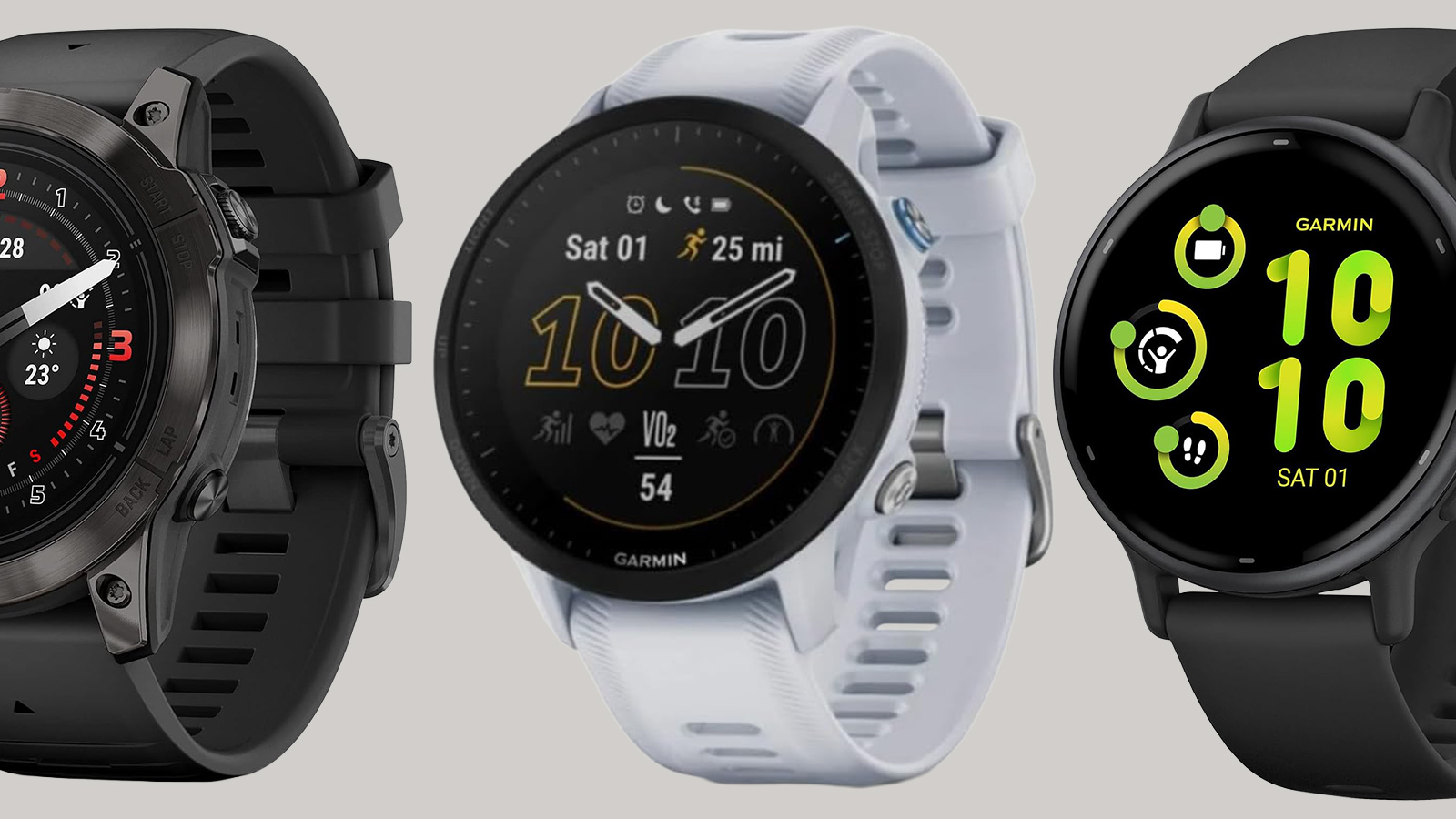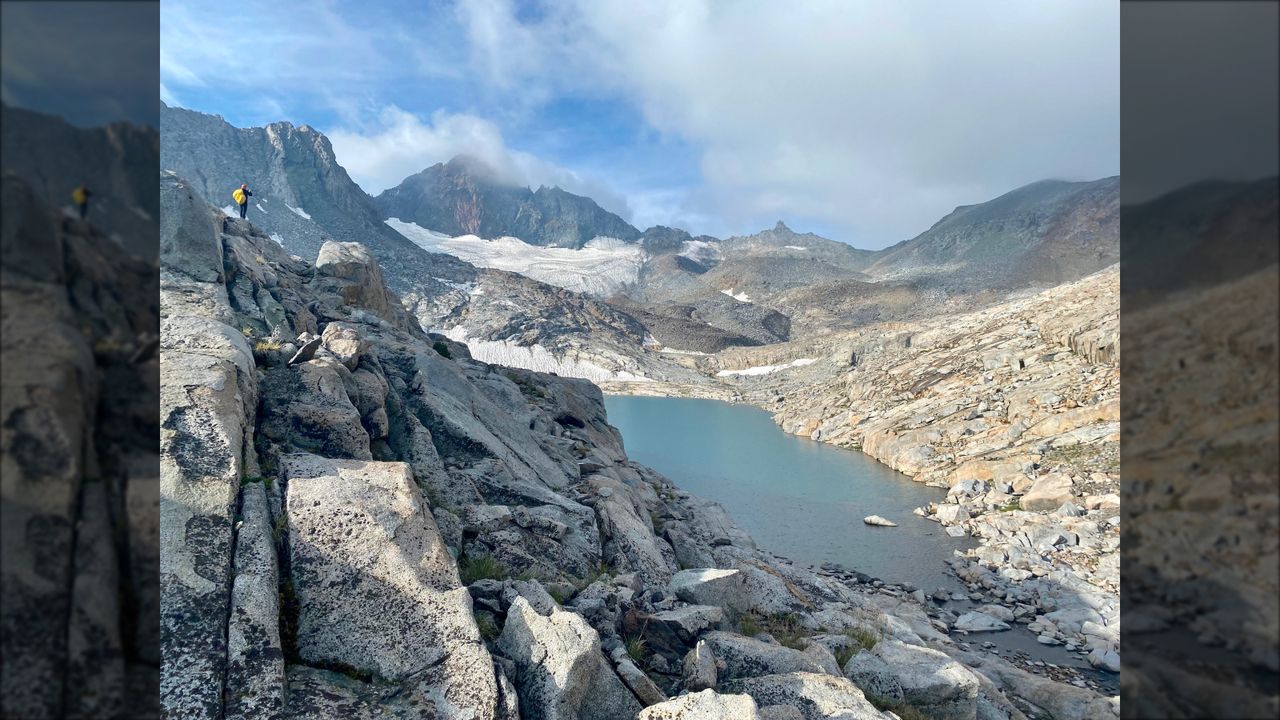Best fitness trackers for swimming 2025
PositiveScience

Looking to enhance your swimming experience? The latest guide on the best fitness trackers for swimming in 2025 has you covered. From the top overall picks to those that offer the best customization options, these devices are designed to help you track your performance and improve your skills in the water. With technology advancing rapidly, finding the right tracker can make a significant difference in your training routine, ensuring you stay motivated and informed about your progress.
— Curated by the World Pulse Now AI Editorial System







